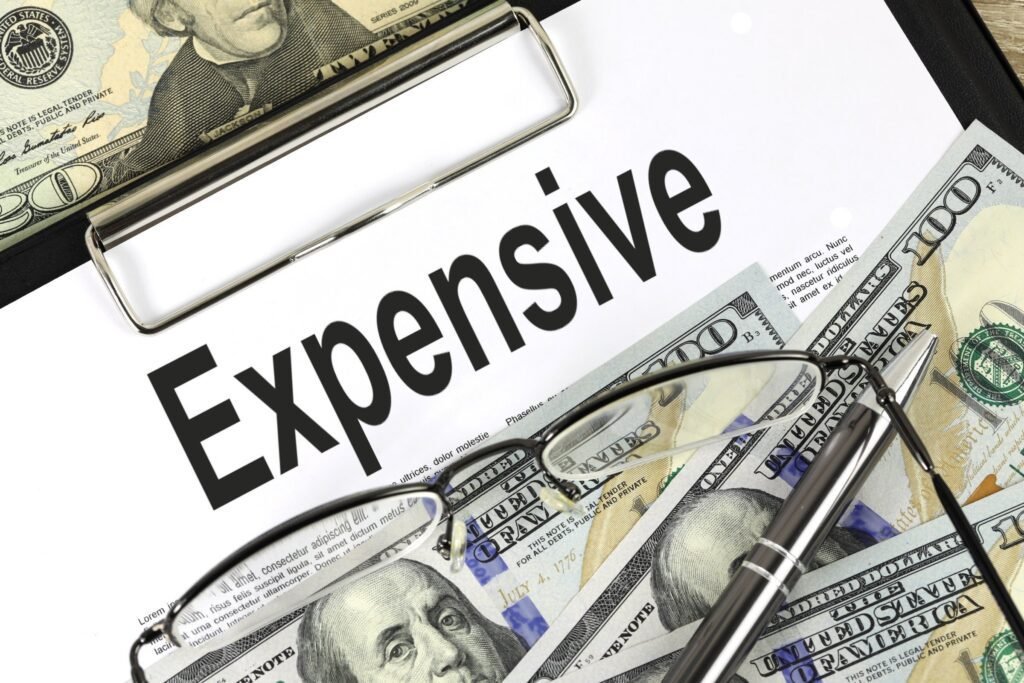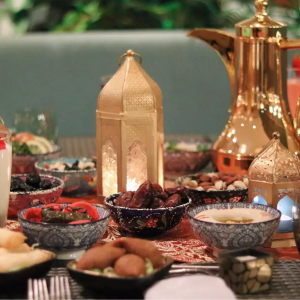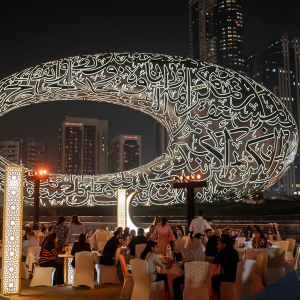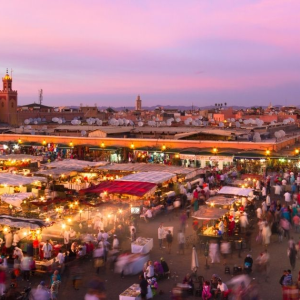The Real Cost of Living in the City of Dreams
Dubai has always dazzled the world with its skyline, luxury, and lifestyle. But behind the shine, the biggest question most newcomers and even long-time residents ask is — Is it affordable to live here in 2025?
The truth is, it depends on your lifestyle, income, and choices. While many say it’s expensive, others manage to live comfortably, even on tight budgets. Let’s dive deep into the real cost of living in Dubai in 2025 and hear from the people who call it home.
Housing in 2025: The Biggest Expense for Most
Rent in Dubai is one of the biggest chunks of monthly expenses. In 2025, rent continues to rise in many areas due to high demand.

A studio apartment in Downtown Dubai costs between AED 60,000 to AED 140,000 per year, while the same size in Jumeirah Village Circle might be available for AED 35,000 to 50,000.
For families, a two-bedroom apartment on Palm Jumeirah can go beyond AED 350,000 yearly. In contrast, you could find a decent place in Dubai Silicon Oasis for less than AED 100,000.

The average apartment rent across Dubai is now around AED 160,000/year — that’s about AED 13,300/month, which is the entire take-home salary of a mid-level employee. Because of this, shared living is still a popular option, especially among newcomers.
Food and Groceries: Expensive or Manageable?
Dubai’s multicultural population means you can find almost any cuisine or ingredient — but that also comes at a cost.
Monthly groceries for one person usually range from AED 1,000 to 1,500. A family of four may spend AED 2,000 to 3,500, depending on whether they cook at home or dine out.
A basic fast-food meal costs around AED 35, a cappuccino is about AED 20, and a three-course dinner for two at a mid-range restaurant can be AED 300 or more.
Many budget-conscious residents are switching to meal plans that cost AED 25–30 per day, and shopping at budget-friendly stores like Lulu, Carrefour, Viva, or local markets like Waterfront Market or Union Coop.
Transportation: Car vs Metro in 2025
Public transport in Dubai is affordable and well-connected. A monthly metro card costs AED 310, and it covers most daily travel. The Dubai Metro remains one of the most reliable, air-conditioned ways to commute.
Owning a car comes with additional expenses: Salik tolls, petrol (around AED 3/litre), insurance, and parking fees. Monthly car expenses can range from AED 1,200 to 2,500 depending on the car and distance traveled.
Many residents now prefer using ride-hailing apps like Uber and Careem occasionally, or renting cars monthly, especially if they live far from metro stations.

Healthcare and Insurance: Often Overlooked but Important
All residents are required to have health insurance. Most employers provide basic medical coverage, but many families choose to upgrade their plans to get better hospitals and coverage.
Monthly insurance costs can range from AED 300 to 1,500, especially if you’re covering dependents.
Healthcare is high-quality in Dubai, but without insurance, costs can skyrocket quickly. A general doctor visit can cost AED 200 to 500 if not covered.
Schooling: A Struggle for Many Families
If you’re a parent in Dubai, school fees can be your biggest stress.
International school fees range between AED 20,000 to AED 100,000 per year per child. Some British and American schools charge even more.
Many families manage by applying for scholarships, early-bird discounts, or choosing mid-range schools with good reputations. The Dubai government’s new 2025 fee freeze policy has helped slightly, but the costs still bite into most family budgets.
Utilities and Internet: Monthly Essentials
Dubai summers are harsh, and air conditioning runs almost all year. A typical utility bill (DEWA) for a small apartment ranges from AED 500 to 1,500/month. For villas or large flats, it can go higher.
WiFi and mobile packages start from AED 250–400/month, depending on your usage and provider.
How People Are Actually Living in Dubai (Real Stories)
Ayesha – Nurse from Pakistan | Salary: AED 9,000
“I share a 2-bedroom apartment in Al Nahda with my colleague. My rent is just AED 28,000/year. I cook at home, use the metro, and send around AED 3,000 monthly to my family in Lahore. It’s tough, but manageable.”
Carlos – Software Engineer from the Philippines | Salary: AED 21,000
“My rent was too high in Business Bay. I moved to Dubai Hills Estate, got a better deal and more space. I track every expense, use loyalty apps, and manage to save 25% of my income monthly.”
Meera – Influencer & Startup Founder | Income: ~AED 45,000/month
“I live in a Palm Jumeirah high-rise and love the lifestyle. Yes, I spend on fine dining, but I also get many meals free through collaborations. My biggest expenses are staff visas and healthcare. But I wouldn’t live anywhere else.”
Saving Hacks in 2025 Dubai
Negotiate Rent: Offer fewer cheques or annual upfront payment to get up to 10% off
Use Discount Supermarkets: Shop at Viva, Union Coop, and Waterfront Market
Use Nol & Salik Smartly: Avoid unnecessary tolls and recharge Nol cards online for points
Plan Schooling Early: Ask for sibling discounts, scholarships, or mid-tier international schools
Take Advantage of Sales: Dubai hosts mega sales during Shopping Festival, Eid, and DSF with discounts up to 75%
Is Dubai Still Worth It in 2025?
Yes — but only if you live smart.
Dubai may rank in the top 13% most expensive cities, but it’s still cheaper than London or New York when it comes to rent and taxes.
Plus, zero income tax, high security, job opportunities, and modern lifestyle make it attractive for many.
If you’re disciplined, open to living a bit outside the city center, and smart with your money, you can live a good life in Dubai — even on a budget.
Final Thoughts: The Cost vs Reward Equation
Living in Dubai in 2025 is like living in a dream that demands planning. Whether you’re a single expat, a growing family, or a digital entrepreneur — the cost of living can be high, but so are the rewards.
The struggle is real, but so is the opportunity. Behind every expense, there’s a story of growth, resilience, and ambition. And that’s what makes Dubai special — it makes you dream bigger, work smarter, and live fuller.
Follow us on instagram: UAE STORIES













